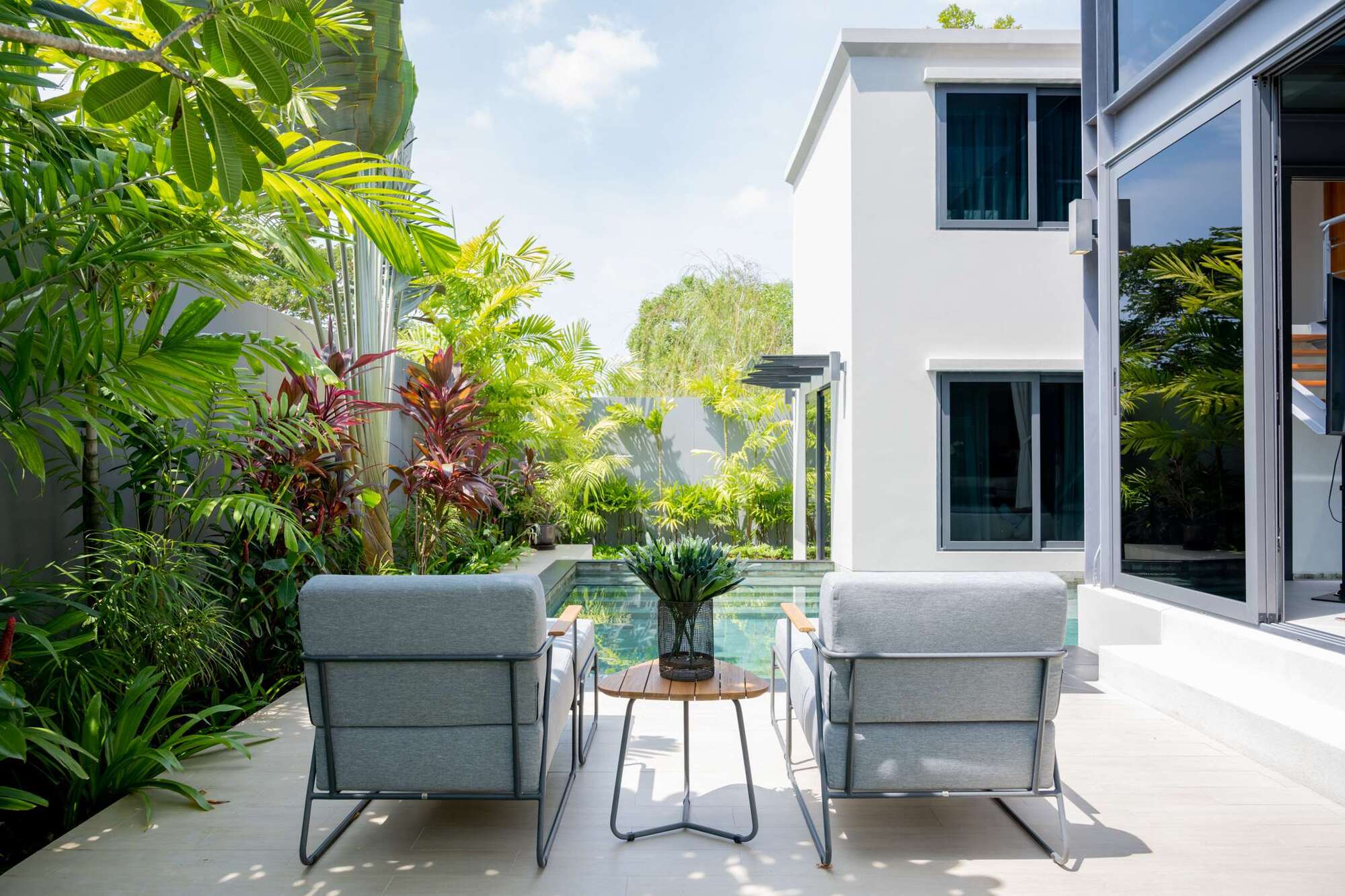Property Taxes in Thailand

Thailand is renowned for its tax policies, sometimes marked by their leniency, especially when it comes to property ownership taxes.
Property Ownership Tax in Thailand:
The law on property ownership taxes in Thailand is relatively recent, having come into effect in 2019. The government aims to develop infrastructure and support property owners in their efforts to develop acquired land. Interestingly, under specific conditions, owners are exempt from tax obligations.
The tax rate depends on the assessed value and type of the property, as well as its designated use. Properties can be utilized for personal purposes, as a residence, or for profit generation.
The minimum tax stands at 0.02%, while the maximum is 0.3%. If you lease the property, the maximum ownership tax is 0.2%.
For lands or buildings left vacant or unused for more than three consecutive years, an additional rate of 0.3% applies every three years, capped at 3%.
Exemption from property ownership tax is granted if the property's value is below 10 million baht, it is used for personal living, and the owner possesses a yellow book.
Blue Book or Yellow Book
Residents can obtain the so-called "yellow book" (a yellow house registration book), similar to the locally issued "blue book" (a blue house registration book) obtained by local residents. Residency is established by living in the Kingdom for over 180 days or through employment with a work permit. Once you become a tax resident, you receive a TAX ID, or tax number.
The blue or yellow book doesn't confirm property ownership but verifies the registered address, serving as an equivalent to a residential registration.
If you own multiple properties, a yellow book can be issued for only one property, presumed to be used for personal residence, while others are designated for rental.
It's crucial to note that any income earned in Thailand is subject to tax. Non-residents renting property face a withholding tax of 15%. If you become a tax resident of the Kingdom, the withholding tax is part of the personal income tax.
In summary, we've explored the intricacies of property ownership taxes in Thailand. It's worth reminding that tax rates depend on the property type, assessed value, and usage purposes. Thailand consistently maintains low taxes, attracting many individuals choosing to acquire a second home or an investment property.
Any remaining questions?
Feel free to reach out to us through email or phone on our social media channels, and we'll gladly provide free consultations on all matters ⬇️
✔️ Email: hello@apart-homes.com
✔️ Contact Phone: +66 83 503 2555
✔️ WhatsApp: +66 83 503 2555
✔️ Telegram: +66 83 503 2555
